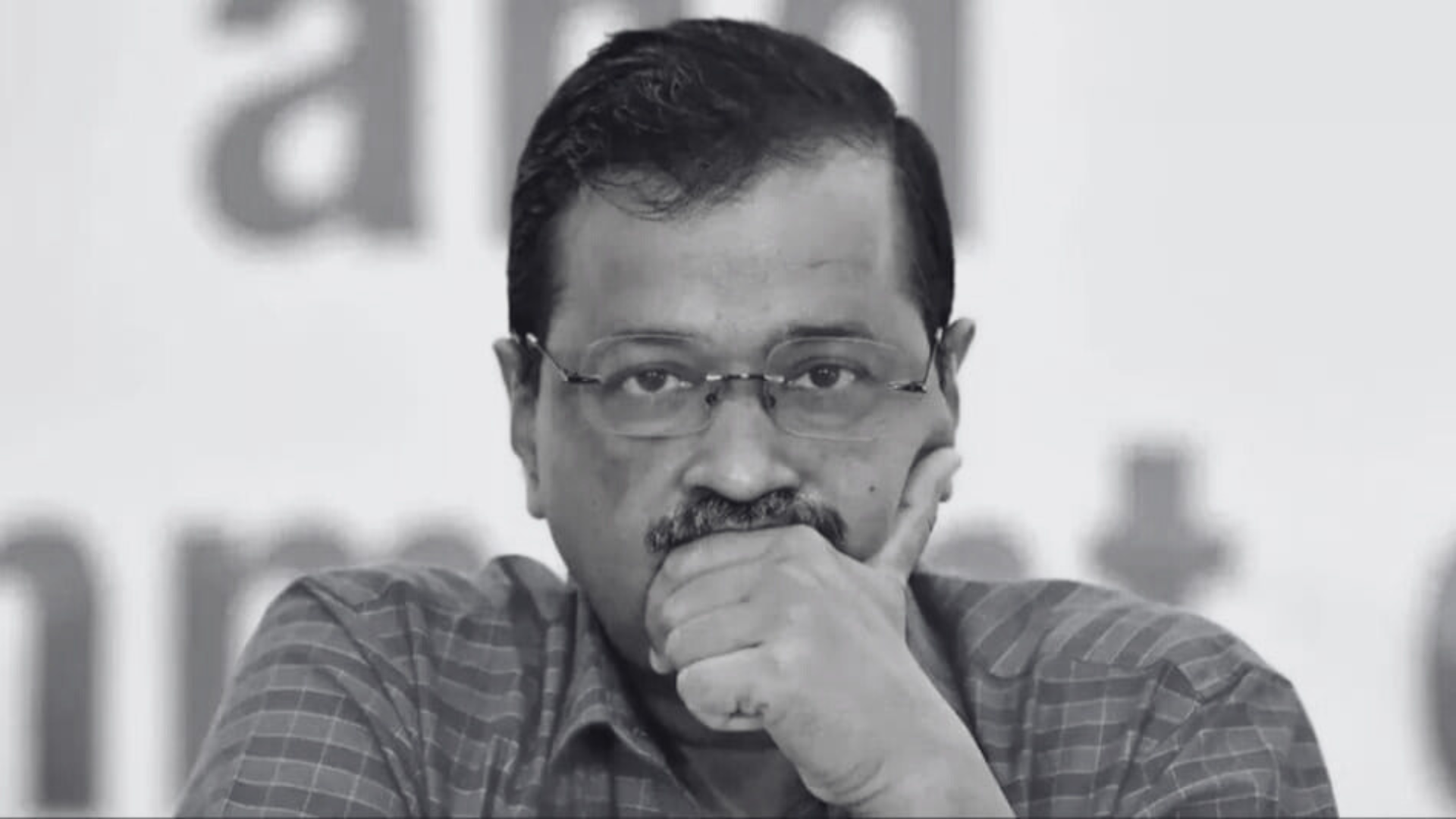

Arvind Kejriwal
Arvind Kejriwal, the leader of the Aam Aadmi Party (AAP) and the Chief Minister of Delhi, got arrested by the Enforcement Directorate (ED). It’s a big deal because it’s about something called the Delhi liquor policy. This arrest shows how complicated politics can be.
The arrest of Arvind Kejriwal, the Chief Minister of Delhi and the influential leader of the Aam Aadmi Party (AAP), by the Enforcement Directorate (ED) marks a significant turning point in the unfolding saga of the Delhi liquor policy case. With each passing development, the intricate layers of this controversy come to light, revealing a complex tapestry of power dynamics and political maneuvering.
At the core of the ED’s allegations against Kejriwal lies the accusation of being a central figure in a meticulously orchestrated conspiracy. Alongside Bharat Rashtra Samithi (BRS) leader K Kavitha and key AAP members Manish Sisodia and Sanjay Singh, Kejriwal stands accused of engineering a liquor policy that disproportionately favored a group commonly referred to as the “South Lobby,” hailing from southern India. In exchange for their support, the “South Lobby” purportedly pledged a staggering sum of ₹100 crore to the AAP, highlighting the nexus between political influence and financial gain.
Kejriwal’s repeated defiance of summons from the central probe agency, a staggering nine times, only serves to amplify the gravity of the situation. The ED’s investigation reveals a series of intricate connections and transactions that implicate not only Kejriwal but also individuals closely associated with him. Vijay Nair emerges as a central figure in this unfolding drama, allegedly enjoying privileged access to Kejriwal’s inner circle and facilitating crucial discussions surrounding the contentious liquor policy. Furthermore, Sameer Mahendru, the owner of Indospirit, reportedly met Kejriwal following Nair’s orchestration, with Kejriwal himself referring to Nair in familial terms, indicating a level of trust and complicity.
Testimonies from cooperating witnesses such as Raghav Magunta shed further light on the intricate web of relationships and exchanges that underpin the case. Magunta’s revelation that his father, a Member of Parliament from the YSR Congress Party, engaged in discussions with Kejriwal regarding the liquor policy adds another layer of complexity to the unfolding narrative, blurring the lines between political alliances and personal interests.
The arrest of Kejriwal reverberates beyond the confines of Delhi’s political arena, raising profound questions about the integrity and accountability of elected officials across the country. As the case progresses, it underscores the inherent challenges of navigating the intricate landscape of Indian politics, where allegiances shift, and alliances are forged in the pursuit of power and influence.
Ultimately, the fallout from Kejriwal’s arrest extends far beyond his individual fate, casting a long shadow over the transparency and fairness of the policymaking process in India. As the public awaits further developments, the arrest serves as a sobering reminder of the imperative to uphold the principles of accountability and ethical governance in the face of entrenched interests and entrenched power structures.
In a recent interview with NBC News, Trump warned of severe consequences if Iran does…
Govt to convert Vodafone Idea’s ₹36,950 crore spectrum dues into equity, raising its stake to…
ChatGPT faced a global outage as its Studio Ghibli-style image generator caused a server overload.…
The crescent moon for Eid ul-Fitr 2025 was sighted in India, confirming celebrations on March…
Trump issued a stark warning to Iran, threatening bombing and secondary tariffs if Tehran fails…
Faf du Plessis smashed a fiery 50 off 27 balls for Delhi Capitals against SRH…